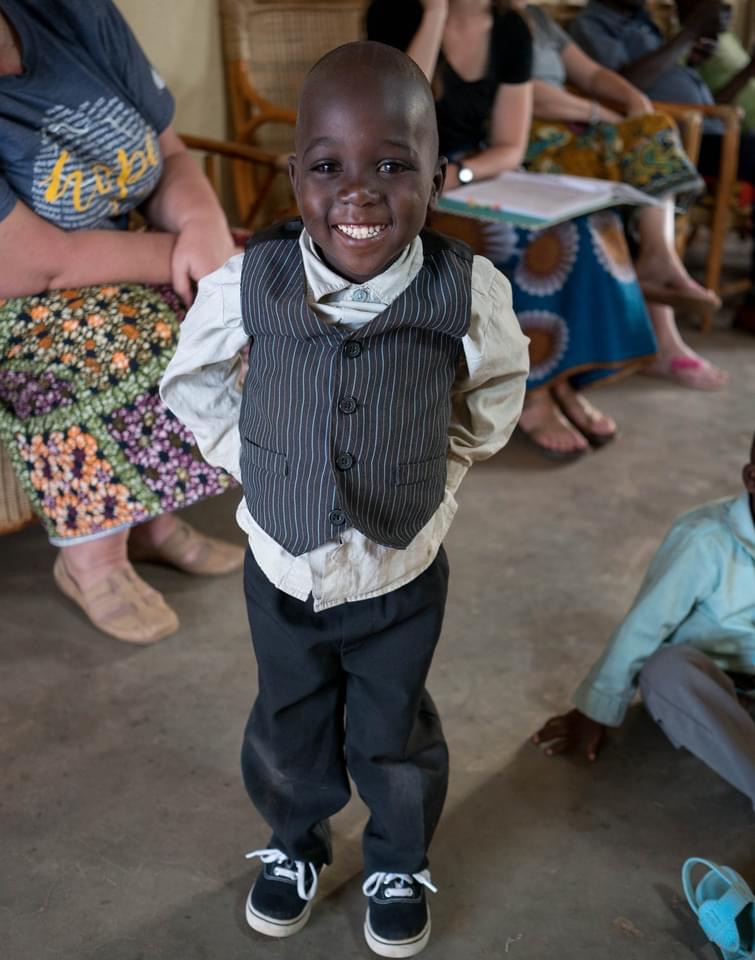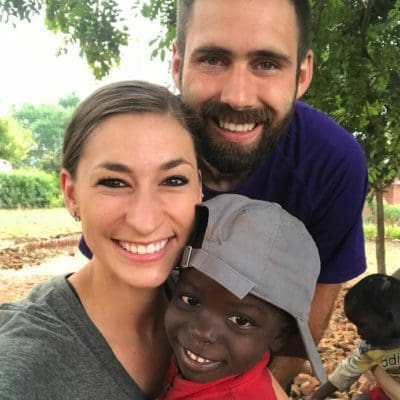Simplicity. It should be fairly simple to write about, but I have found it anything but. I wish I had some great wisdom to share, but instead I come to you with a few questions that I don’t quite have the answers to myself. My hope is that through my ramblings and questions, you may also contemplate these questions.
I’m not qualified to write about simplicity. I have been the 50-pound suitcase girl when others have a small carry-on bag. When we committed to move to rural Malawi, we anticipated pit toilets, no running water, and no appliances. We were blessed to have a team of people travel with us that got our house fixed up with running water, a full bathroom, washing machine, and kitchen. We have electricity and when it goes out, we have solar power.
 It has been quite the upgrade from what we thought we would live in when we agreed to do ministry here. To be honest, I think the improved conditions—what some would say is not simple living—has made our life a lot less complicated here. So how do we as individuals pursue balance in simplistic lifestyles?
It has been quite the upgrade from what we thought we would live in when we agreed to do ministry here. To be honest, I think the improved conditions—what some would say is not simple living—has made our life a lot less complicated here. So how do we as individuals pursue balance in simplistic lifestyles?
In our first year of ministry, we have run up against many problems. We have not been surprised by this. But often when we are brainstorming ideas with our ministry partners on how to fix these problems, the answers are always rooted in the need of more money, more supplies, more equipment, more staff, or more programs. In some cases, I really do think this is the answer.
For example, the closest medical clinic in our area is too far away and lacks capacity to care for the people in our community. In this case, we saw the opportunity to meet a need through a new program of an outpatient department and maternal care center. But there have been plenty of times when we are brainstorming solutions to problems where I ask myself “is that solution really necessary?” This has all led to the question: How do we balance simplistic lifestyles and development in our communities of service?
COVID-19 has had a way of simultaneously simplifying and complicating. How can simplicity and complexity exist simultaneously? Though I can’t begin to cover the numerous ways COVID-19 has complicated things, those that specifically come to mind are those who lost their loved ones as well as the healthcare workers around the world who have served on the frontlines. For these people, this season has been anything but simple.
Others were forced to put certain parts of their life on hold: church, sports practice, concerts, restaurants, public transportation, school, work, vacations, weddings, and more. It all came to a screeching halt and many of us were forced into a more simplistic lifestyle than we have lived in a very long time, if at all. However, I have really not heard many people say that stripping away all of these extra things has simplified their life; most of us have said that it has complicated our lives.
So, in our pursuit of simplicity while living in a complex world, with complex situations, my hope and prayer is that we would continue to lean into this tension and find more our mission and ultimately more of Christ in the process.
 ABOUT KARLY:
ABOUT KARLY:
Karly Glibert is the Health Programs Coordinator for Word Made Flesh Malawi. She grew up in Archbold, Ohio and earned a Bachelors in Nursing Science from Indiana Wesleyan University.
From 2012 to 2019, Karly travelled to Malawi on many short-term trips to Malawi until October of 2019 when she moved to Malawi for full-time service with her husband, Tad.
CONNECT WITH KARLY: karly.glibert@wordmadeflesh.org
